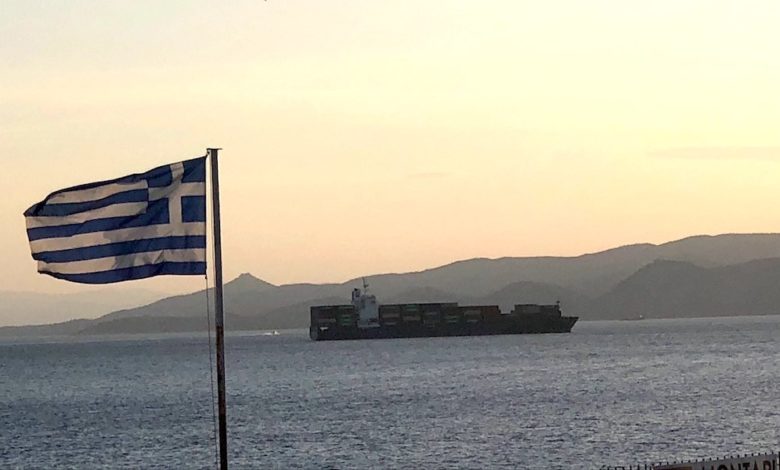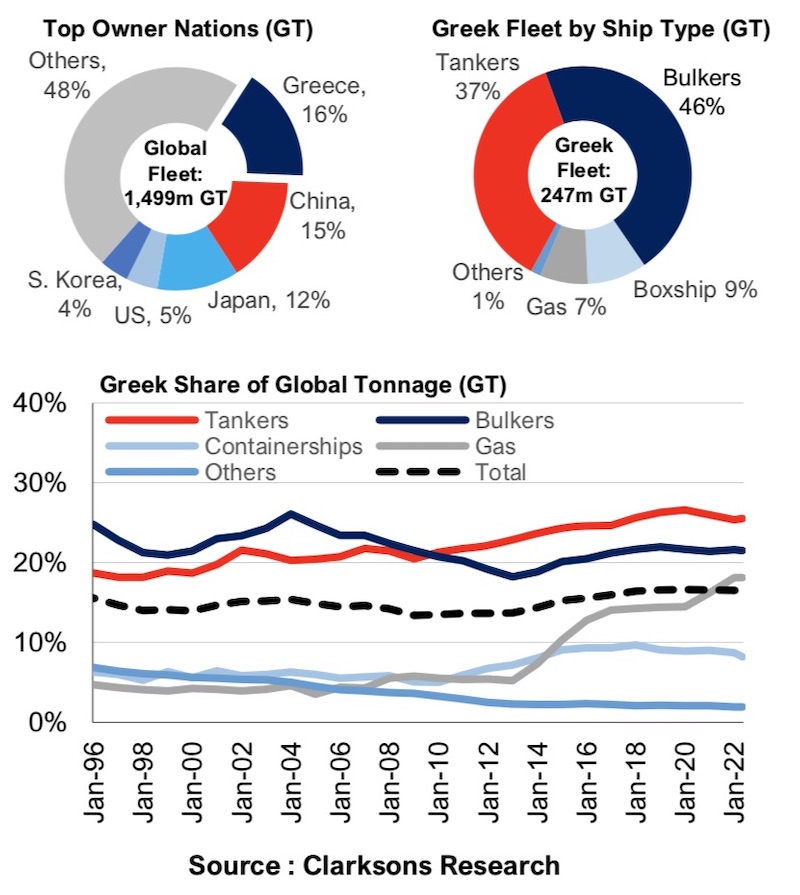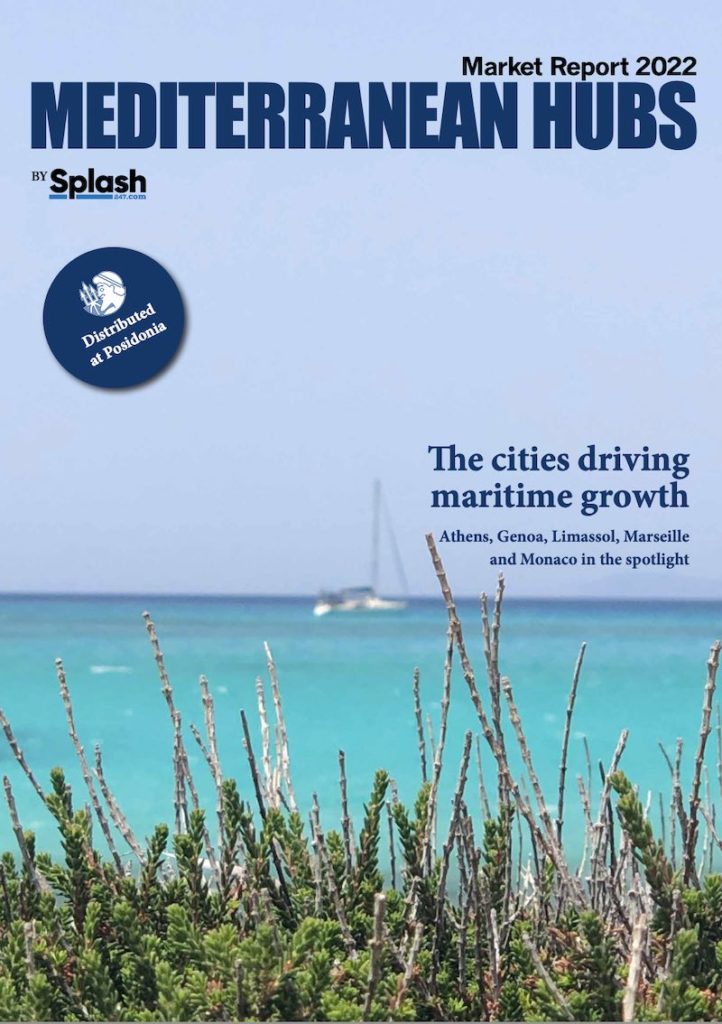Athens leads coverage in Splash’s new Mediterranean Hubs magazine

A new Splash magazine, Mediterranean Hubs, launches today at Posidonia with Athens leading the coverage.
Across the Mediterranean maritime hubs are developing, offering a full range of services and establishing themselves at shipping’s top table.
Splash identified the five leading maritime capitals in the region – Athens, Genoa Limassol, Marseille and Monaco – and assigned correspondents to report on their individual strengths for a special glossy magazine which will be distributed at key events around the world including Posidonia.
When it comes to determining which Mediterranean maritime hubs and cities have the best infrastructure, finance, and world-class talent, Athens has to form a plank of the conversation.
There is simply more awareness of shipping here than in anywhere else in Europe
For a long time, Athens has been one of the most important worldwide shipping hubs, and it will likely continue to be so in the foreseeable future. Despite the fact that Europe’s share of the global fleet is shrinking as more and more shipping operations move to Asian maritime centres, Athens remains an exception. In comparison to other European cities, the capital and largest city of Greece has seen a different development since 2019, with fleet ownership and shipmanagement levels in terms of tonnage increasing by roughly 20%.
Athens ranks top, both in terms of shipowners’ and managers’ operating tonnage, at about 105m and 111m compensated gross tonnage (cgt), respectively, based on Clarksons and Menon Economics data. The number of shipping companies with more than five ships located in Athens has been estimated at over 220, the majority of which are family-owned small enterprises.

The city’s strengths predominantly lie in its vast shipowning circle, with Greek owners having played a key role in the industry for decades. Athens – and neighbouring Piraeus – are home to the world’s largest fleet and have a strong ownership position with more than 700 owners located both in Athens and around the world. Its maritime cluster also serves this community, providing first-rate shipping services such as shipping operations, technical and crew management, and employing qualified local talent.
“The city’s strong shipowning community is a unique part of Athens’ identity, with its abundance of highly experienced shipping professionals making it one of the most competitive and influential maritime hubs worldwide,” reckons Mike Konstantinidis, the CEO of Greece’s METIS Cyberspace Technology.
The number of maritime education institutions found in a city, including dedicated academies and universities offering courses catering to the maritime sector, is a good indicator to assess a city’s learning culture and the level of the skillset of its graduates. With 13 maritime-related institutions and training facilities, Athens ranks third behind London and Rotterdam.
The Piraeus/Athens maritime community network includes a few thousand well-educated professionals with experience in various maritime domains and subjects. The community is backed up by well-known naval academies and the Piraeus University.
“It is worth mentioning that when you create an advertisement for a maritime professional in Greece within hours you receive hundreds of applications from well-educated experienced professionals in all maritime subjects such as naval architects, engineers, financiers, lawyers, seafarers, etc,” points out Marina Tzoutzouraki, CFO and co-founder of eShipfinance.com.
Greece’s shipping tycoons emerged largely unscathed from the country’s financial crisis and one of the shipping industry’s longest downturns in the 2010s. Even though many Greek shipowners operate from other cities, the shipowning environment remains strong today.
For Nicholas Georgiou, CEO of Lomar Shipping, part of the Libra Group, the city’s legendary maritime status can be traced back over centuries – thanks in no small part to its geographic location within Europe and the mid-point axis between Asia and the Americas, its weather, natural harbour facilities and much more. These physical advantages are bolstered today by the financial investment in maritime infrastructure facilities, backed in no small part by the powerful leadership of Greek shipowning and union groups.
Also from the owner’s perspective, Harry Vafias, president and CEO of StealthGas, reckons it’s always nicer to work under a sunny sky rather than clouds, cold and rain, something that draws a huge variety of shipbrokers, financiers, insurers, spare part suppliers, agents, repair teams and shipping lawyers that represent its unique advantage as an international maritime hub.
“There is simply more money, more ships, more owners, more history, more awareness of shipping, more technical and operational expertise, more shipping services of all types, more shipping education, and all the other things that feed off the Athens/Piraeus maritime cluster hub here than in anywhere else in Europe, and indeed the world,” encapsulates Simon Ward, director at Piraeus-based Ursa Shipbrokers, indicating that part of the city’s success story is leaving shipping alone to do its own thing.
Splash readers can access the full magazine online by clicking here.

